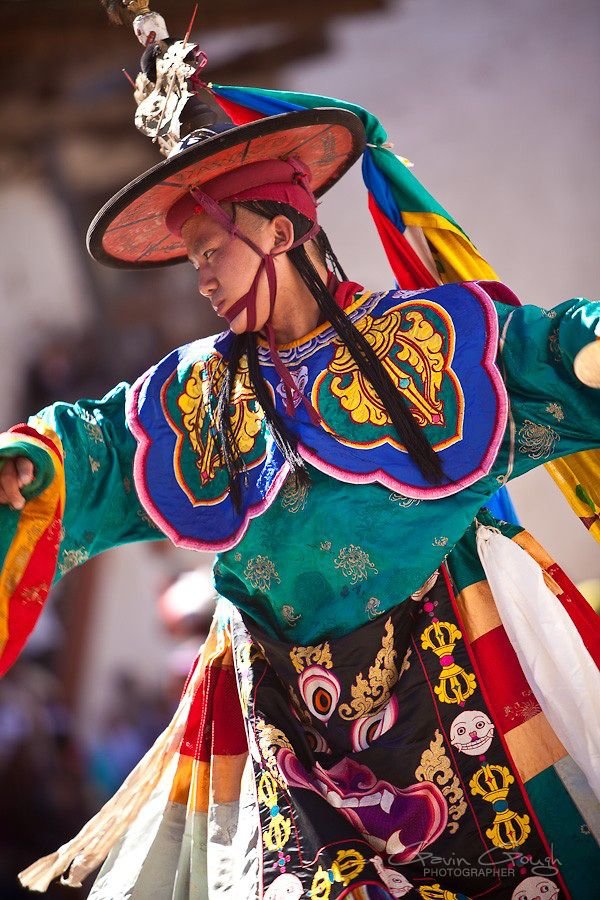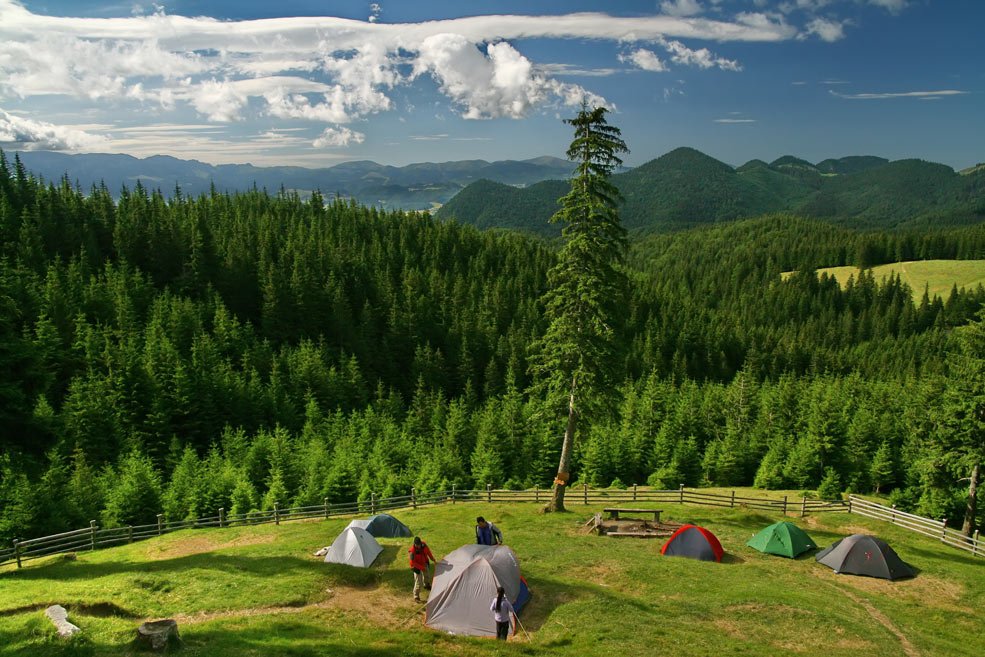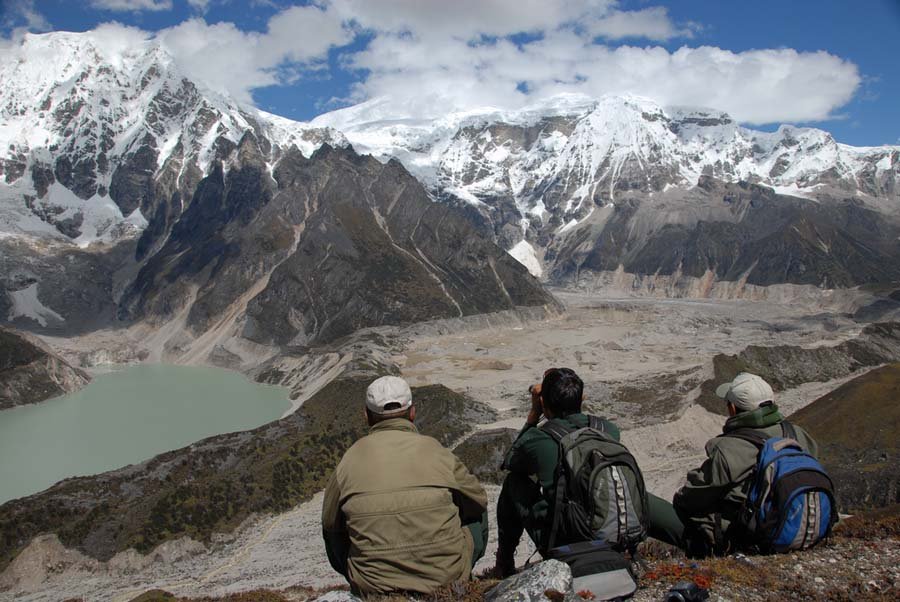A Complete Guide to Bhutan's Festivals
Celebrating Culture, Spirituality, and Tradition
Nestled in the majestic Himalayas, Bhutan offers more than just breathtaking landscapes and ancient monasteries. It is a land steeped in rich traditions, where festivals are a vibrant and essential part of its cultural heritage. These celebrations, known as Tshechus, are not merely events but spiritual journeys that bring together communities in a display of devotion, color, and joy. If you’re planning a visit to Bhutan, participating in one of these festivals should be at the top of your list. This guide will take you through Bhutan’s most important festivals, what to expect, and how they can enhance your travel experience.

What are Tshechu Festivals?
Tshechu, meaning “tenth day,” refers to the periodic celebrations held in honor of Guru Rinpoche, the saint credited with bringing Tantric Buddhism to Bhutan in the 8th century. These festivals, celebrated on the tenth day of a lunar month (specific to the region), feature days of rituals, mask dances, and religious blessings. For the Bhutanese, attending a Tshechu is an act of merit, a way to cleanse sins, and a moment to seek blessings.
At Bhutan’s festivals, expect a dazzling array of masked dances known as cham, which are performed by monks and laypeople alike. Each dance tells a story of Buddhist morality, often showcasing the triumph of good over evil. Bright, flowing costumes and elaborate masks transform the dancers into protective deities, mythical animals, or demons.
The entire community participates in these festivals, wearing their finest traditional attire, with men donning gho and women in kira. Locals gather in the festival courtyard, sitting for hours to witness the performances, share food, and socialize.
Must-Visit Festivals in Bhutan
Paro Tshechu Held in the historic Paro Dzong, the Paro Tshechu is one of Bhutan’s most popular and grandest festivals. It typically occurs in spring, attracting both locals and international visitors. The highlight is the unveiling of the Thangka (a sacred religious painting), a rare and mesmerizing event meant to bless those in attendance.
Thimphu Tshechu As the capital’s biggest festival, Thimphu Tshechu draws crowds from across the country to celebrate with vibrant mask dances, songs, and rituals. Held in September or October, it’s an excellent opportunity for travelers to witness Bhutanese culture at its fullest, all set against the backdrop of the capital city’s stunning fortress-monastery, the Tashichho Dzong.
Punakha Drubchen Celebrating Bhutan’s military history, the Punakha Drubchen reenacts a 17th-century battle where Bhutanese forces successfully defended the country against Tibetan invaders. This festival is a unique blend of history, spirituality, and tradition, making it an essential experience for travelers interested in Bhutan’s past.
Jambay Lhakhang Drup Hosted in one of the oldest temples in the country, this autumn festival in Bumthang features the rare and mystic “fire dance” and “naked dance,” rituals believed to ward off evil spirits and ensure a good harvest. The festival is deeply spiritual and offers a close look at Bhutan’s indigenous religious practices.
Haa Summer Festival A relatively modern addition to Bhutan’s festival calendar, the Haa Summer Festival is a cultural treat featuring traditional sports, local cuisine, and nomadic lifestyles. Held in the remote Haa Valley, this festival is a great way to experience Bhutan’s rural life and untouched landscapes.
What to Expect at a Bhutanese Festival
At Bhutan’s festivals, expect a dazzling array of masked dances known as cham, which are performed by monks and laypeople alike. Each dance tells a story of Buddhist morality, often showcasing the triumph of good over evil. Bright, flowing costumes and elaborate masks transform the dancers into protective deities, mythical animals, or demons. The entire community participates in these festivals, wearing their finest traditional attire, with men donning gho and women in kira. Locals gather in the festival courtyard, sitting for hours to witness the performances, share food, and socialize. As a traveler, attending a Tshechu gives you the chance to immerse yourself in the country’s living traditions, meet local people, and understand Bhutan’s deep connection to spirituality.
3. Jomolhari Trek
Difficulty: Moderate to Difficult
Duration: 8-12 days
Best Time: March-May, September-November
The Jomolhari Trek is one of Bhutan’s classic treks, offering magnificent views of Mount Jomolhari (7,326 meters), one of the country’s most sacred peaks. This trek takes you through dense forests, yak pastures, and high mountain passes, where you’ll encounter diverse wildlife and perhaps even catch a glimpse of the elusive snow leopard.
The Jomolhari Trek is perfect for those seeking both physical challenge and cultural insight, as it passes through traditional Bhutanese villages where you can experience local life firsthand.
Why Attend a Festival in Bhutan?
Cultural Immersion: These festivals offer an unfiltered view into Bhutan’s religious and cultural life. By attending, you’ll witness traditions that have been preserved for centuries and are still practiced with full devotion.
Unique Spiritual Experience: Whether or not you follow Buddhism, the spiritual energy during these festivals is palpable. The mask dances, sacred chants, and blessings foster an atmosphere of serenity and reflection.
Photography Opportunities: Bhutan’s festivals provide fantastic opportunities for photography. The vibrant costumes, intricate masks, and dramatic backdrops make for stunning images. However, remember to be respectful and adhere to festival guidelines.
Community Spirit: Tshechus are a social event for Bhutanese people. They foster unity and a sense of belonging among the community. For travelers, it’s an opportunity to engage with the local culture on a deeper level.
How to Plan Your Trip
Many of Bhutan’s major festivals happen in the spring and fall, with the Paro and Thimphu Tshechus being the most popular. If you’re planning to attend a festival, it’s important to book well in advance as accommodations fill up quickly. Some of the smaller, lesser-known festivals are equally fascinating and offer a more intimate experience without the crowds. At Geo Bhutan Travel, we specialize in crafting festival tours that allow you to witness these spectacular events while exploring the country’s stunning landscapes and historic landmarks. Our knowledgeable guides ensure you don’t miss a single detail, from the symbolism behind each mask dance to the history of the Dzongs that host these festivals.


